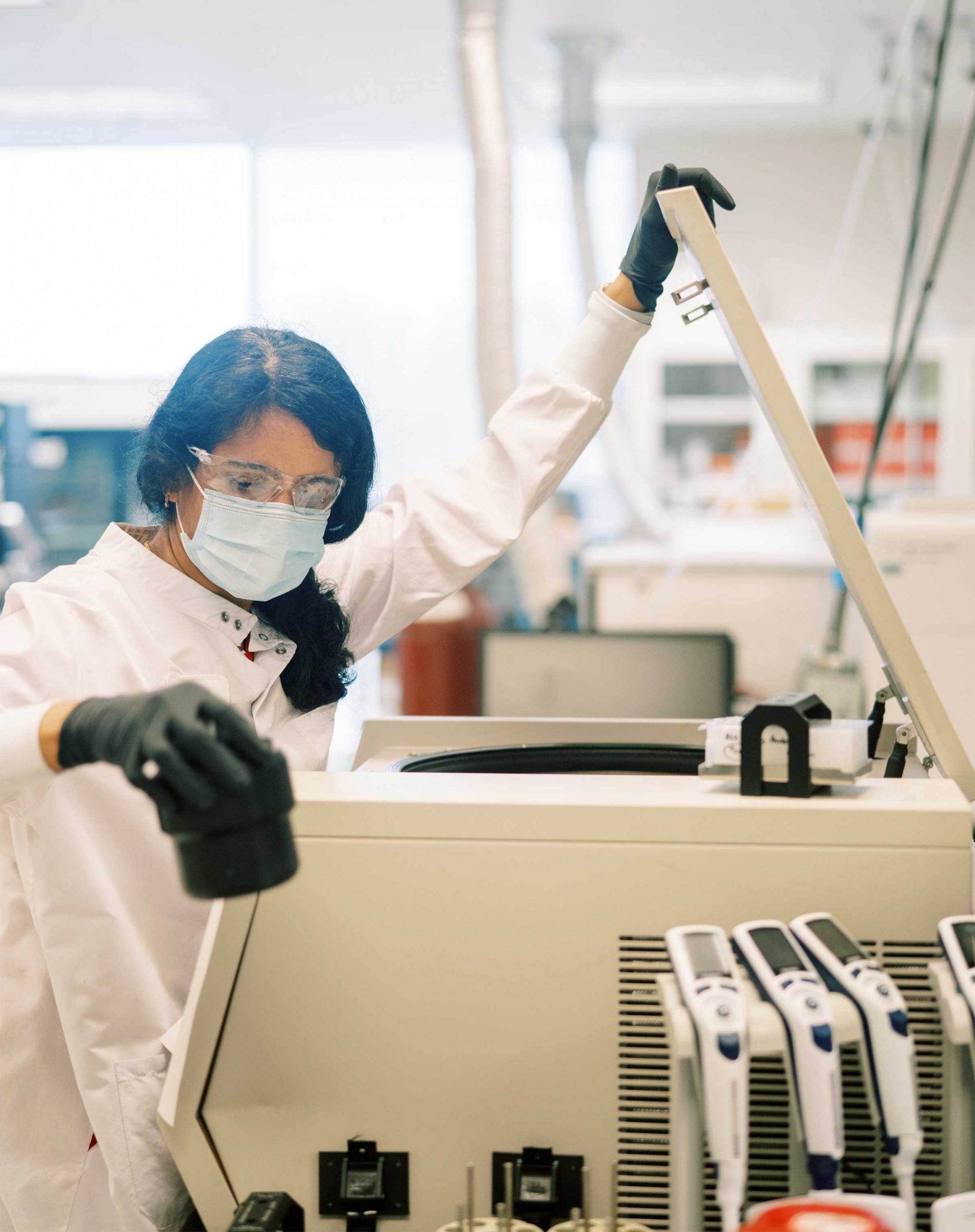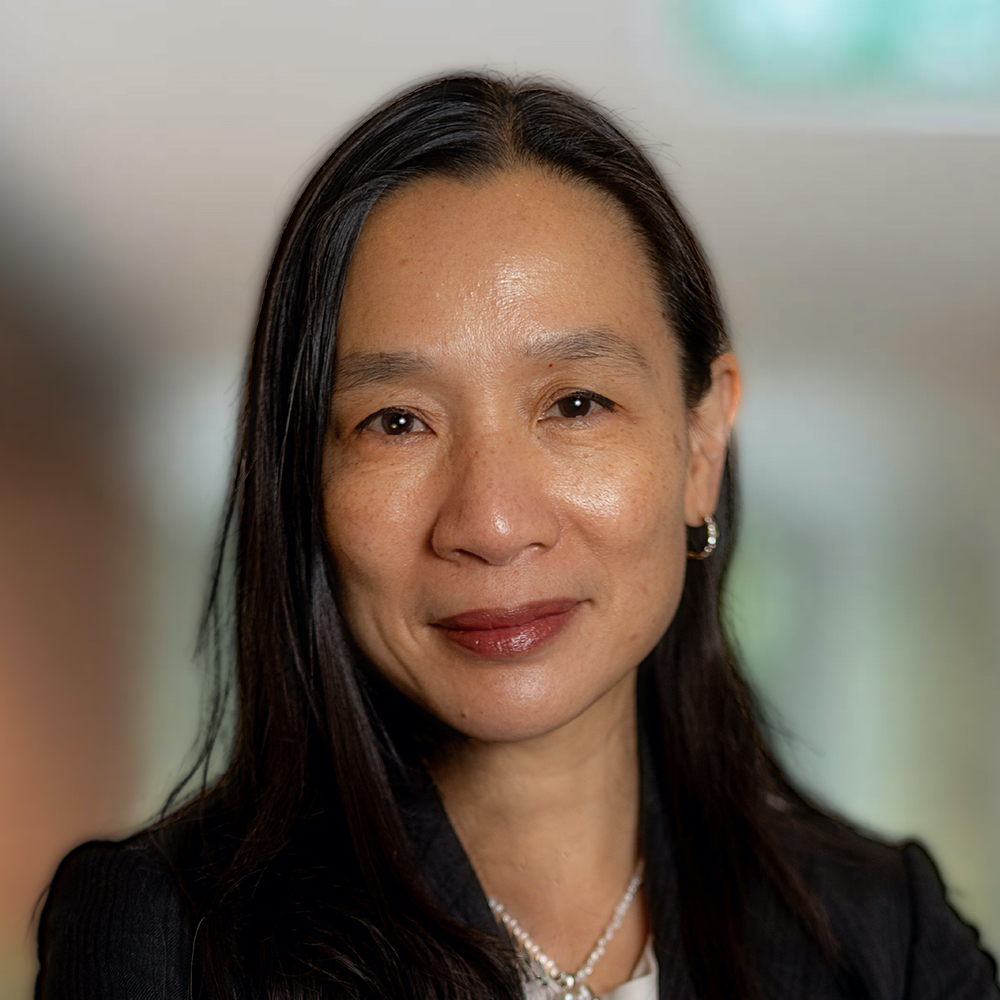
Academic scientists and/or organizational leaders of nonprofits who identify as change makers, researching and addressing healthcare problems with potential for long-term social impact, seeking to transition knowledge/models into real world application.

“The Termeer Foundation is committed to championing emerging biotechnology leaders and finding people who want to solve the biggest problems in human health. By supporting researchers, we plant the seeds for future success in individuals who are preparing to make significant contributions in academia and industry.”
BELINDA TERMEER, President of The Termeer Foundation
SUPPORT & PILOT GRANTS FOR ACADEMICS & LEADERS SOLVING HEALTHCARE CHALLENGES
The Termeer Scholar Award elevates academics and leaders who are passionate about creating change for patients, are people focused, and are looking to translate their early-stage idea into real-world application. The Award is intended to support individuals who have and ignite excitement for solving the biggest problems in human health and treatment delivery. Those selected as Termeer Scholars will receive a grant* to support in the areas of professional development, knowledge advancement and/or stakeholder engagement. Termeer Scholars will also have access to the Termeer Foundation’s values-based leadership programming encompassing professional development, mentoring, and network building as well as a network of experienced Mentors and Advisors.
*This is not a research grant and funds cannot be used for lab, equipment or personnel.
MEET OUR 2024 SCHOLAR

Charlene Son Rigby
CEO, Global Genes
PAST SCHOLARS
Keep up with the work of the Termeer Scholar Award receipients by following the links below to their LinkedIn profiles.
2023 SCHOLAR AWARD HONOREE
(2023 ROLE)
Winston Yan (President, N=1 Collaborative (N1C)
2022 SCHOLAR AWARD HONOREES
(2022 ROLE)
Omar Abudayyeh (McGovern Fellow at Massachusetts Institute of Technology)
Jonathan Gootenberg (McGovern Fellow at Massachusetts Institute of Technology)

Charlene Son Rigby
CEO, Global Genes
Charlene Son Rigby is the Chief Executive Officer of Global Genes. She has spent her career building organizations at the intersection of data, technology, and life sciences. Charlene was previously Chief Business Officer at Fabric Genomics and held executive roles at enterprise software and genomics companies, including Oracle and Doubletwist. She started her career in neuroscience research at Roche. When Charlene’s daughter was diagnosed with a rare genetic disease, she co-founded the STXBP1 Foundation. She is committed to finding a cure for her daughter’s disorder. Charlene’s unplanned connection between her personal life and profession has helped push forward the search for a cure for her daughter and kids like her, and given her work deeper meaning. She holds a B.A. in Human Biology from Stanford University and an M.B.A. from the Haas School of Business at U.C. Berkeley.
